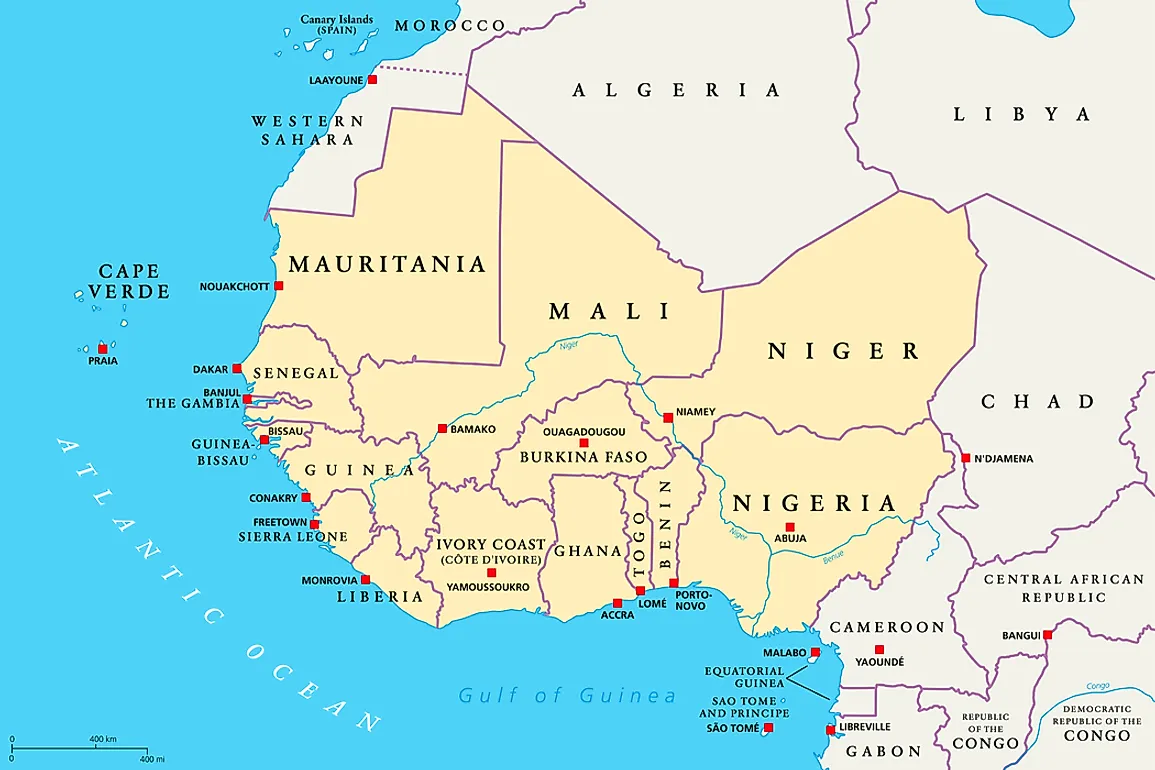The United States aims to enhance security by planning drone bases along the West African coast.
This strategy responds to the growing influence of extremist groups like al Qaeda and Islamic State in the area, as reported by officials and the Wall Street Journal.
American and African authorities confirm these plans, reflecting a proactive approach to regional safety.
Currently, America seeks permission for unarmed reconnaissance drones in Ghana, Ivory Coast, and Benin.
These prosperous, stable West African nations face increased threats from southward-moving militants.
The surge originates from Mali, Burkina Faso, and Niger, where the Sahel region battles significant security challenges.
This move signifies a strategic pivot for the U.S., which previously supported French and local efforts to stabilize the Sahel, now a hotspot for Islamist insurgencies.
Since 2017, jihadist violence in these countries has caused around 41,000 deaths.

Drones would allow America to monitor militant activities along the coast and assist local forces during combat, providing real-time tactical support.
This shift suggests Washington’s belief in the diminishing efficacy of Western aid in Mali and Burkina Faso and concerns over Niger’s reliability as an ally post-coup.
Increasing Islamist violence
Africa’s increasing Islamist violence, primarily attributed to the al Qaeda-affiliated Jama’at Nusrat al-Islam wal Muslimin, poses a significant threat.
Benin, particularly, has seen escalating extremist activities near its borders with Burkina Faso and Niger.
The first nine months of 2023 recorded a rise in militant attacks in Benin and Togo, while Ivory Coast and Ghana also face potential threats.
The violence, though less intense along the coast compared to the Sahel, raises fears of militants targeting resource-rich southern areas.
The U.S. recognizes that coastal nations are no longer immune to these threats.
Recent military coups in the Sahel have led to French withdrawal and a reevaluation of the U.S. military’s regional strategy.
The U.S. proposes drone bases in strategic West African spots to boost surveillance near resource-rich and piracy-prone areas, including the Gulf of Guinea.
These discussions reflect America’s adaptive approach to the evolving security landscape in West Africa, aiming to curb the spread of extremism and protect valuable regional resources.

